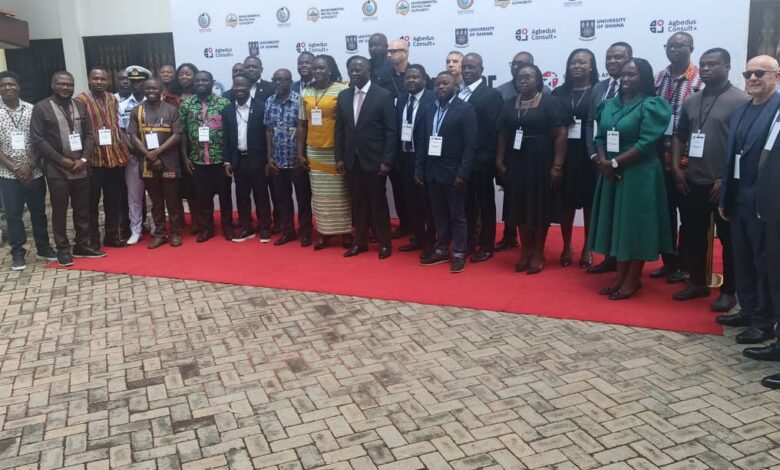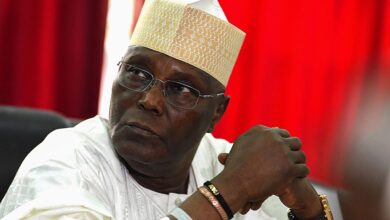Maiden Space Conference: EPA boss champions investment in space technology to combat galamsey and environmental protection


The Chief Executive Officer of the Environmental Protection Authority (EPA), Prof. Nana Ama Browne Klutse, is urging the government to make strategic investments in space technology as a sustainable tool to combat illegal mining and strengthen environmental protection.
Speaking at the maiden Ghana Space Conference at the University of Ghana, Legon, Prof. Klutse said the recent approval of the Ghana Space Policy by Parliament marks a turning point in Ghana’s effort to apply science and innovation to national development.
“Ghana is already using space technology in many institutions,” she said. “What we need now is to move beyond being consumers to becoming producers of these tools. That’s how we gain real economic power and control.”
She noted that while space technology comes with a high upfront cost, the long-term benefits, including improved resource management, environmental monitoring, and industrial growth, far outweigh the expenses.
According to Prof. Klutse, space applications such as precision agriculture and precision mining could dramatically reduce land degradation and protect water bodies from pollution caused by indiscriminate prospecting.
“With precision mining, there will be no need for random digging,” she explained. “Technology can pinpoint exactly where resources are located, helping us protect our lands and rivers.”
She revealed that the EPA already employs space-based systems to monitor air and water quality, forest cover, and land use, stressing that expanding local capacity will make these efforts more efficient and sustainable.
The Director of the Ghana Space Science and Technology Institute (GSSTI), Dr Joseph Bremang Tandoh, echoed her call for stronger government and private sector investment in space innovation.
“Both the United Nations Convention and the African Space Policy emphasise space technology as a key driver of sustainable development,” he said. “Ninety per cent of Africa’s challenges can be addressed through space technology.”
Dr. Tandoh disclosed that alongside the Ghana Space Policy, Parliament has approved the establishment of a National Space Agency to coordinate all space-related initiatives nationwide.
“We are not starting from scratch,” he added. “What we need now are resources and deliberate investments to make Ghana an active player in the global space economy.”
The global space industry is currently valued at about US$600 billion and projected to reach US$1.3 trillion within the next decade. Africa’s share stands at US$22 billion, with vast potential for growth if countries like Ghana invest in local production.
“If we continue importing these technologies, we’ll remain consumers,” Dr Tandoh cautioned. “Developing our own tools will create jobs and retain value within the economy.”
Both Prof. Klutse and DDrTandoh underscored that funding remains the biggest barrier to Ghana’s full participation in the global space ecosystem. They called for sustained collaboration among government, academia, and industry to drive innovation, protect the environment, and position Ghana as a hub for space technology in Africa.
DISCLAIMER: The Views, Comments, Opinions, Contributions and Statements made by Readers and Contributors on this platform do not necessarily represent the views or policy of Multimedia Group Limited.
DISCLAIMER: The Views, Comments, Opinions, Contributions and Statements made by Readers and Contributors on this platform do not necessarily represent the views or policy of Multimedia Group Limited.
Source link




